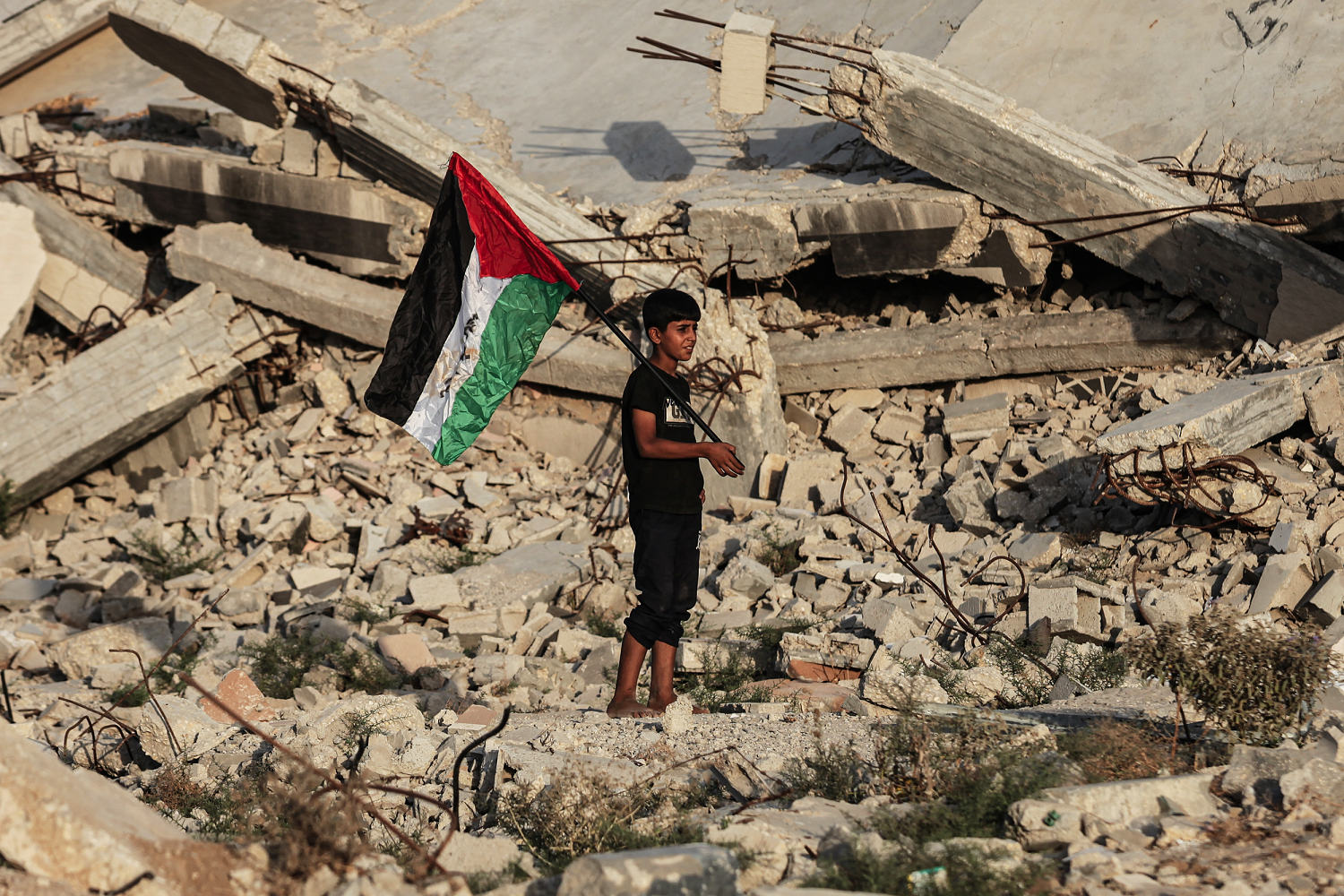
President Donald Trump will address the United Nations General Assembly on Tuesday at a moment of heightened strain with U.S. allies over Palestinian statehood, trade and other flash points as his administration retreats from the global body.
White House press secretary Karoline Leavitt previewed Trump’s remarks, saying he will highlight “the renewal of American strength around the world” and what the White House sees as key accomplishments since he returned to office, including winding down conflicts abroad. Leavitt said Trump would also deliver a “straightforward and constructive” vision of global leadership.
After his speech, Trump is scheduled to meet with U.N. Secretary-General António Guterres, as well as leaders from Ukraine, Argentina and the European Union. He will also take part in a multilateral meeting with Qatar, Saudi Arabia, Indonesia, Turkey, Pakistan, Egypt, the United Arab Emirates and Jordan, Leavitt said.
Trump’s speech is expected to recall a U.N. appearance during his first term, when he promised to “reject the ideology of globalism” and urged other countries to join him in a patriotic national embrace. Those remarks drew derisive snickers from the world leaders and dignitaries in the audience.
While his relationships with many foreign leaders have improved this time around, Trump has not shied from envisioning an expansionary image of American strength while imposing punishing tariffs on friends and foes alike.
At the same time, the administration has accelerated its pullback from the U.N., slashing its contributions to the organization and, until last week, leaving its ambassadorship vacant. On Friday, a State Department spokesperson called for the U.N. to “get back to basics, reorienting the organization to its origins as an effective tool for advancing peace, sovereignty, and liberty.”
The retreat was on display Sunday and Monday, after France, the U.K., Canada and Australia formally recognized a Palestinian state — with more countries likely to follow this week — breaking with leadership in Washington. Trump “has been very clear he disagrees with this decision,” Leavitt told reporters Monday in a preview of his address.
“Frankly, he believes it’s a reward to Hamas,” she said, adding that Trump sees the action as “just more talk and not enough action” from his Western counterparts.
Trump has urged European leaders to impose huge tariffs on India and China over their oil purchases to pressure Russian President Vladimir Putin to end the war in Ukraine, and separately, the United States has imposed its own punishing trade tariffs on India and a new $100,000 fee on new H-1 B visas. Other leaders have been locked in negotiations with the administration over the tariff regime.
Trump is also grappling with unresolved wars in Gaza and Ukraine, which he has pledged to end, a task that remains vexingly out of reach. Acknowledging his frustrations, he said recently that Putin “really let me down” about a month after they met in Alaska for talks aimed at progress.
Michael Waltz, in his first remarks as the U.S. ambassador to the U.N., warned Monday that Washington expects Russia to “seek ways to de-escalate” following airspace violations into Estonia and Poland — both NATO members. The Senate confirmed Waltz, Trump’s former national security adviser, on Friday.
Trump is also weighing an offer from Putin for a one-year extension to the nuclear weapons treaty with the United States before it expires early next year, Leavitt told reporters.

